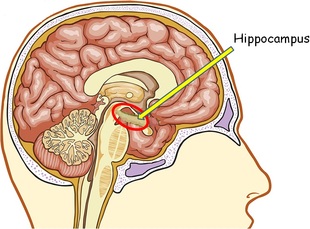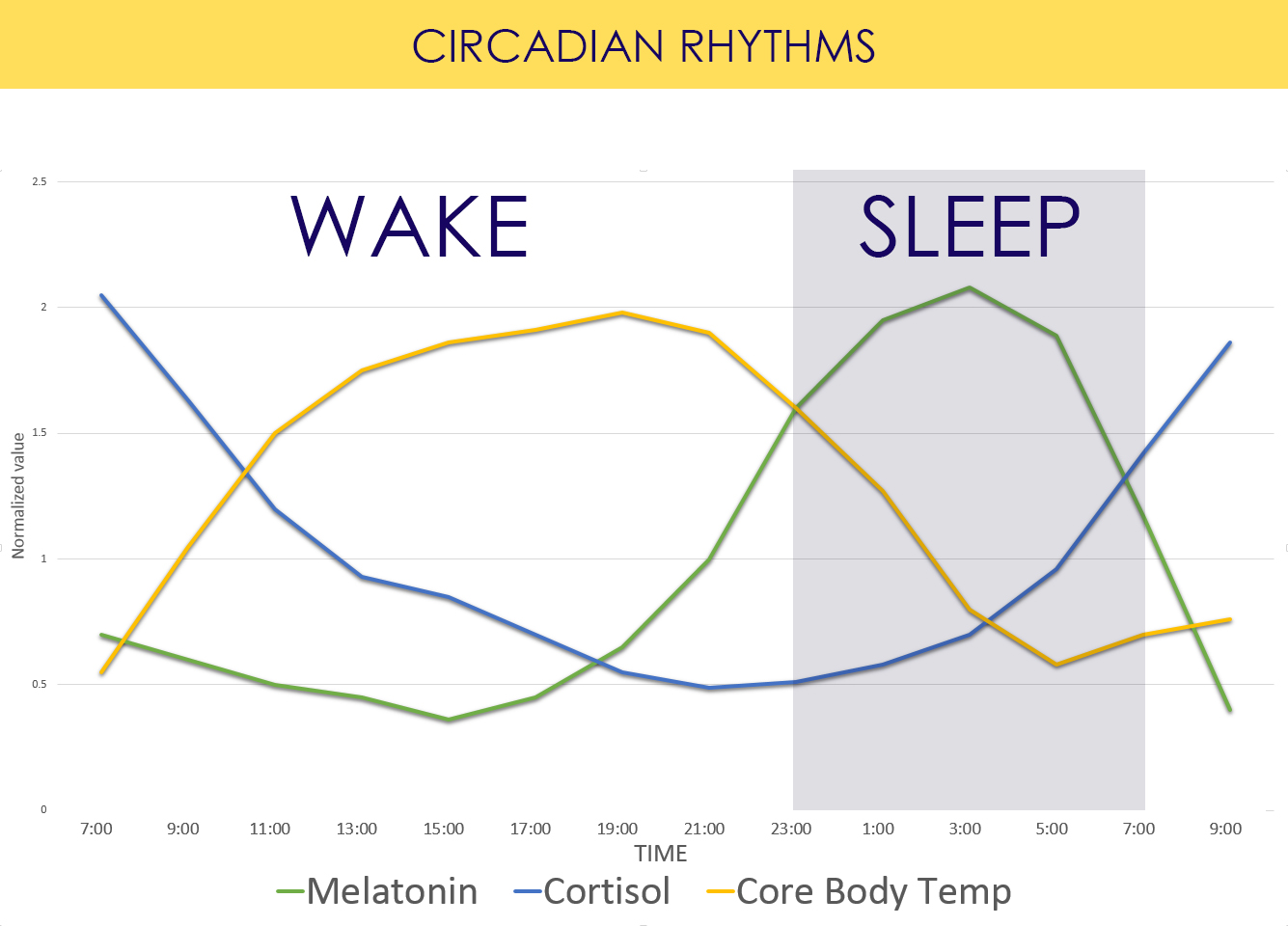Lack of sleep has something to do with a series of brain changes.And these brain changes or cognitive responses are as the main cause of irritability and impaired memory, coordination as well as concentration. Researchers from the University of Groningen -Netherlands recently published in the elife journal thatinadequate sleep leads to neuron disconnection within the hippocampus. The hippocampus is the space in the brain relative to learning and memory. It is based on some of the ongoing research exploits by global scientists that I will answer the above question. Have you ever wondered how does the human brain function with a lack of sleep?

1.Without sleep, the brain cannot consolidate long-term memory.
The main function of sleeping is helping solidify long-term memory.The brain makes numerous links throughout the day while one is awake and since not all of these connections are worth saving, the brains prunes in the wanted parts at night during sleep so as to keep the wanted and dump the unwanted. This is by way of strengthening the essential connections and weakening the non-essential ones while one is awake.

- Without sleep, the brain will not detoxify cells more efficiently as it should
The brain detoxifies cells more efficiently while we are asleep than while we are awake. The lymphatic system of the brain open at night and remove toxins while we are asleep. Through cerebrospinal fluid, 'gunk' is cleared when the space between brain cells expands. This expansion will only happen whenever we sleep. It is quite ridiculous that this very gunk is one of the precursors for Alzheimer's disease. This raises the importance to ensure fair sleep since most toxins increase during the day and are cleared at night.
- Without sleep, our cognition is barred
Sleep deprivation will cause mood swings, affect decision making as well as our attention and cognitive capacity. High cortical functions like multitasking calls for enough sleep. So, drivers had better get enough sleep to avoid more accidents on the road. It is more likely that lack of sleep drains the multi-tasking capacity of your body-parts leading to overall poor performance even in a task that would require little concentration.

- Lacking sleep leads to depression or vice versa
Sleep and depression are interconnected. Episodes of one are likely to lead to the other. People suffering from depression find it hard to sleep. Scientists think that sleep deprivation also worsens depression. A small survey figured that people who suffer from depression are likely more to also suffer from insomnia and anxiety. To account for this would be the disruption of the daily sleep cycles ( circadian rhythm) in depressed people.
- Chances of Health and mental disorders come with lack of sleep
Studies link lack of sleep to overweight, obesity, and lack of glucose control. Hormonal effects that come with sleep deprivation also increase the chance of diabetes, blood pressure as well as heart rate.
- Sleep deprivation is the main cause of brain damage
When we sleep neurons and cells in our brains also rest. But when it comes to a person who sleeps less than four hours a day, those neurons never get adequate rest. This makes some of them die while for some others, lipids may clog with them. Obviously, these will likely die away, therefore, a long-term cause for irreversible brain damage as well as damage to processes associated with attention and information processing. Sometimes overreaction of the brain to meager workloads is also a sign of sleep deprivation. Think of a vehicle that honks endlessly for minutes even at the zebra crossing. This overreaction causes the brain to wear itself down and decision making becomes even more difficult for a person.
- Lack of sleep couldcause psychiatric disorders
Sleep deprivation will cause exhaustion, forgetfulness, vertigo dizziness, slurred speech and blurry vision. The person is likely to encounter mood swings and forgetfulness as well as encounter delusions and hallucinations. Bipolar disorder, paranoia, attention-deficit hyperactivity disorder, as well as anxiety, are some of the psychiatric disorders a sleep-deprived person is likely to experience.
It is an important measure to check on your sleeping hours to ensure you do not undersleep as well as not oversleep. Because the risks that come with sleep deprivation are likely to pose threats to your physical fitness, emotional response as well day to day tasking.